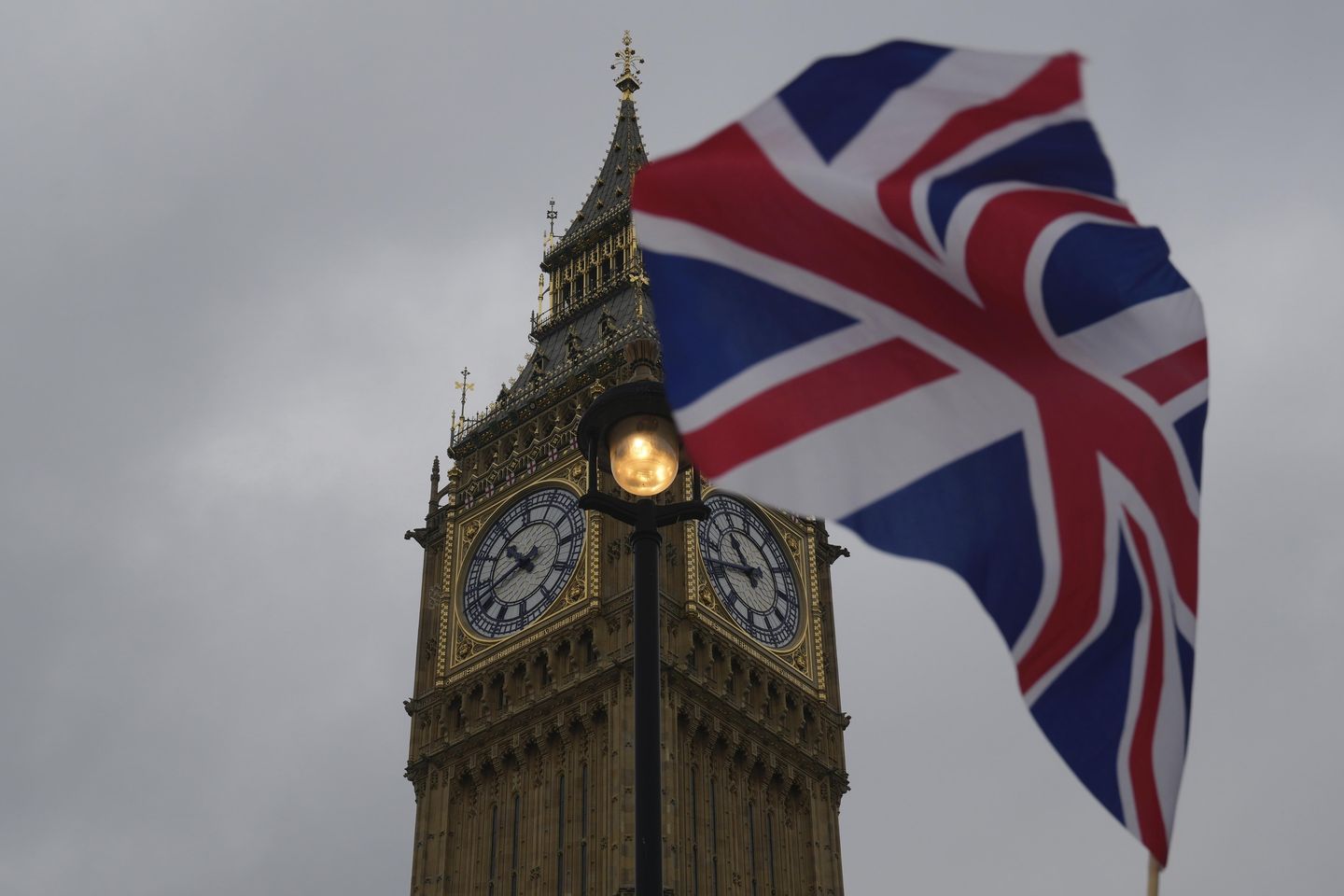
British lawmakers on Tuesday moved to scrap a centuries-old law that made abortion a crime, ushering in one of the most sweeping changes to reproductive rights in England and Wales since the 1960s.
In a 379 to 137 vote, the House of Commons approved an amendment to the Crime and Policing Bill that repeals parts of the 1861 Offences Against the Person Act, which made abortion punishable by life imprisonment.
Abortion has been widely accessible in the U.K. since the 1967 Abortion Act, which permits terminations up to 24 weeks with approval from two doctors. But the older law remains on the books — allowing for criminal charges outside that framework.
“Under changes ushered in by the UK parliament yesterday, it will no longer be a crime to kill healthy, viable, unborn babies at 34 weeks, 37 weeks, or even at full term,” tweeted British pro-life activist Lois McLatchie Miller.
Supporters call the vote a human rights advance.
“This is a once-in-a-generation opportunity to put an end to this,” said Labour M.P. Tonia Antoniazzi, who introduced the amendment, during the floor debate. “There is a moral imperative here. Namely, vulnerable women being dragged from hospital bed to police on suspicion of ending their own pregnancies.”
Several major U.K. medical organizations, too, praised the vote as progress in the service of feminism.
“This is a victory for women and for their essential reproductive rights,” Ranee Thakar, president of the Royal College of Obstetricians and Gynecologists, told the Guardian.
But the bill’s critics say the measure guts vital safeguards, while failing to receive the proper amount of debate and scrutiny it warranted in Parliament.
“I am pro-choice,” Conservative M.P. Ben Obese-Jecty posted Tuesday on X, “but can scarcely believe that after just 46 rushed minutes of backbench debate in which only 13 MPs gave speeches, Parliament voted to decriminalise abortions of healthy babies up to full-term. Labour MPs cheered when the vote passed.”
The vote comes after a purported rise in prosecutions against women accused of illegal abortions. Testimonies included that of Carla Foster, a young woman who was sentenced to 28 months in prison in 2023 for buying abortion pills during a pandemic-era remote consultation.
Her sentence was later reduced and suspended.
According to polling from YouGov, most Britons support legal access to abortion, though a majority oppose allowing the procedure beyond the current 24-week limit.
Opponents also warn of a potential increase in women attempting unsafe late-term abortions at home, now that legal deterrents have been removed.
“Only 1% of women support legalising abortion all the way up until birth,” reads a statement from Alliance Defending Freedom International released Tuesday. “We now look to the House of Lords to debate today’s amendments further, and urge them to instead seek solutions which protect both lives in every pregnancy.”
Despite the vote, the 24-week limit and other procedural requirements — such as the sign-off by two doctors — remain in place. Doctors who perform abortions outside those parameters can still face prosecution.
A broader proposal by Labour M.P. Stella Creasy to fully repeal abortion-related penalties did not make it to a vote on Tuesday. Meanwhile, a competing bid by Conservative M.P. Caroline Johnson to tighten restrictions on telemedicine abortions failed to garner support.
Speaking from the Group of Summit in Canada, Prime Minister Keir Starmer said he would have supported the amendment had he been present.
“My longstanding in principle position is that women have the right to a safe and legal abortion,” he told reporters.
But former Conservative Prime Minister Liz Truss registered her disapproval on social media.
“This is horrifying. It needs to be reversed. This is not what our country believes or stands for,” she posted Tuesday on X.
The bill, including the decriminalization measure, will now advance to the House of Lords for further debate. With strong support in both chambers, the reform is expected to pass into law later this year.












